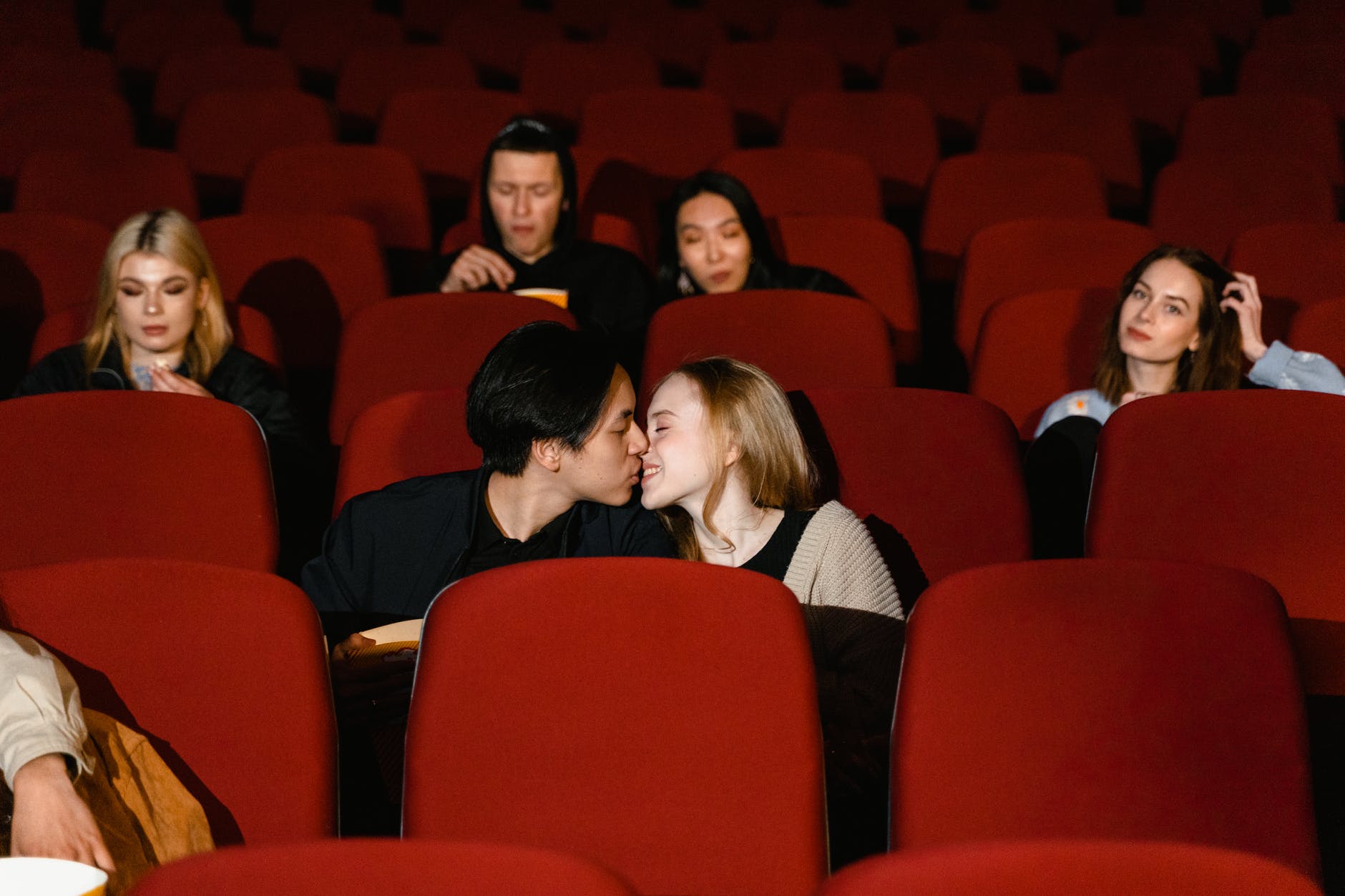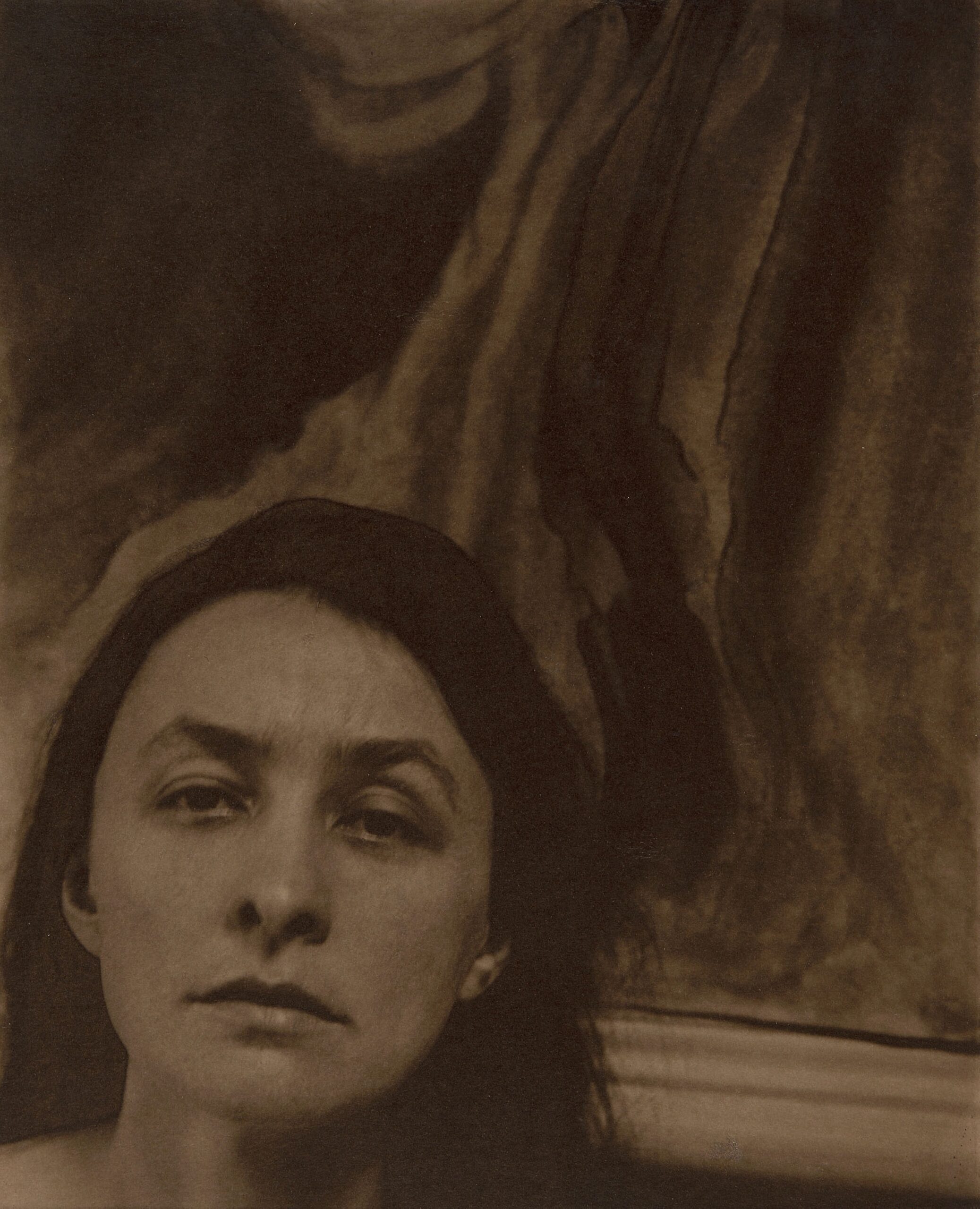Are Screen Romances And Rom Coms Rewiring How We See Love?

Sue Dhillon is an Indian American writer, journalist, and trainer.
ARE ROM-COMS DELUDING THOUGHTS AND REWIRING HOW WE SEE LOVE?
Is screen romance aka rom com rewiring us?
We love to fantasise. The media has done a good job of spurring on our romantic thoughts to create the idea of ‘The One’ or the desire to experience that epic movie magic of kissing in the rain or a chase in an airport. Just like pornography rewiring and altering our perceptions and expectations of the physical aspects of relationships, movies and tv shows have caused the same effect; rewiring how we approach the emotional side to any relationship and the behaviours in such.
In a society where dating apps have changed the way we date and approach this social aspect negatively, media has been adding to the issue for a long time. Encapsulating a certain notion of a fairy-tale fantasy, the media not only spurs on our fears of being alone but that fear of never experiencing that spark we chase after. Many of us may not realise the true impact that rom-coms and love stories have on our perceptions of romance. The ways in which it can alter how we perceive behaviour in relationships and what’s right and wrong.

OUR CONCEPT OF LOVE AND ROM COMS AND HOW THEY ARE REWIRING OUR BRAINS FOR LOVE
The actual idea of love and the whole freeness of it is quite a modern thing. For centuries we’ve had arranged marriages with partners either falling in love with each other along the way or eventually learning to put up with each other for the sake of the extended family, business deals and society standards. The romantism aspect of love emerged during the 18th century from Europe through poets, writers and philosophers. We only have to look at Sir William Shakespeare who long before others transcended this concept through his plays, most famous being Romeo and Juliet. A pair of destined lovers faced with difficulties, who cannot live without each other’s love.
Our concept for love is created from a young age and continues to morph as we experience new relationships and information regarding the topic. Our idea will first stem from our parents and the media. Julia Lippman, a postdoctoral fellow at the University of Michigan draws on the idea of young minds being easily influenced and moulded by the media stating, “You’re old enough to be interested in figuring out how relationships work but tend to have limited personal experience with dating to draw on,” Lippman said. “Therefore, you turn to media for guidance.” Although it is human nature to compare ourselves to other people’s lives, it is important to understand that relationships are more than cute TikToks and love poems, and we should not use what we see in the media as the standard for what we think love is or when we should find it.”
TOXIC LOVE IS TRUE LOVE
One trope within films and tv shows that has gained popularity is the ‘glamourised lover’. This relates to characters who portray what would be creepy tendencies in the real world but are desired and seen as caring on the silver screen. Fanfiction has become a force within the romantic genre at elevating such relationships and behaviours to the point of glamourisation. Some of the main examples of such included Twilight as well as the epitome of such, Blair Waldorf and Chuck Bass in Gossip Girl. However, it’s the studios and writers who are at fault as they continue to create mostly male characters who portray toxic traits, usually being the ‘bad boy’ who can be fixed.
There are six toxic behaviours which have become ‘acceptable’ for characters within films; turning what would be a scary scene into an actual romantic moment. For example, take the classic film of ‘The Notebook’. Ryan Goslings character threatens Rachel McAdams’ character to go on a date or he’ll potentially fall to his death. The toxic behaviours include a predatory nature, boundary violations, stalking, hypersexual behaviour, hurtful behaviour and the silent treatment. These behaviours were identified in a study by Dr Julia Lippman who found that Rom-Coms were adding to the cause.
This has become a dangerous notion of media romance and it is bleeding into our own ideas of love. Whilst we begin to live in a ‘woke world’ and come to understand negative and abusive behaviours visible in films such as Twilight and 500 days of Summer, there still seems to be that desire for a dysfunctional love story to unfold in front of us. One TV series which highlights (whilst to an exaggerated degree) toxic behaviours is the TV show ‘YOU’.
‘Woke’ culture has played a major role in identifying past and present characters within films and series, and their toxic behaviours. However, it seems we still crave for that opposing force relationship to be played out on the screen. But is that influencing our own notions of relationships, as we may begin to allow and ignore red flags and see them as true acts of love. The glorification of such can easily bleed into our lives. Most recently, Euphoria star Dominic Fike made a comment about Amber Heard, the actress currently in the midst of a court case regarding defamation and abuse. The Euphoria star commented during a gig stating, “I know it’s not a popular opinion and it’s not the focus at the moment, dude, but I’ve been having these visions of her just beating me up-I think it’s hot”.
The nonchalant comment of such lessens what is a serious situation and action in any kind of relationship. Even though we are becoming enlightened by toxic behaviours within the media and our own relationships, why do our hearts still call out for a silver screen style romance (with or without the toxicity)?
IDEALISED ROMANCE AND HOW ROM COMS PLAY A PART
Media contains six main categories for romance. Those are the soulmate, happily ever after, love is random, the grand gesture, love at first sight and finally destiny. We’ve all seen at least one of these carried out in a movie or show for characters, also encouraging the progression of such relationships, spurring on an online ‘ship culture’ for fans to revel in.
The romance industry is a huge business most recently notable in the success of Netflix series ‘Bridgerton’ which solely focuses on the family members finding love. Being a perfect example of suspenseful romantic moments of dancing or kissing in the rain, or moments of weakness and confession of love and desire, it has cause a guilty desire to experience such ourselves. Romanticism has created a need for such and a distain for practicalities and money within relationships. Lippman says “It is possible that frequent exposure to romance and courtship in this idealized form could lead viewers to adopt equally idealized notions about relationships in the real world”. And this is evident in a quote from Shannon Martin, a young, married mother from Connecticut saying, “Romantic movies make you think your relationship is supposed to be so amazing, passionate and exciting all the time. My marriage isn’t like that, and sometimes I wonder if something’s wrong.”
What media tends to show us is the honeymoon phase of a relationship. Movies usually end just as the relationship begins. We’re only accustomed to the good parts of the relationship, the moments of passionate love and when everything is all hunky dory. Relationships are never like what they are on the screen. It misses out all the boring parts of a relationship, the things we actually experience in real life. Reid Daitzman Ph.D, a practicing clinical psychologist and CEO of Foursight Game Systems says “A real relationship is one where you take out the garbage, pay the bills and talk about your kids…. A lot of it is really boring. What people don’t realize, though, is that the best day of their lives includes all that boring stuff. Because when people don’t have it, they really miss it…..”

IT’S JUST A FANTASY
Whilst many of us probably have our favourite fantasy scenes we would love to experience, the likelihood of them occurring is pretty low. Our ideas of love and relationships are constantly changing. Fewer of us are believing less in lifelong relationships full of love as divorces become ever more common and carry less of a stigma. A study by Barna Group reported “[That]There is also evidence that many young people are moving toward embracing the idea of serial marriage, in which a person gets married two or three times.”
Even our attitudes towards dating have allowed us to have a variety of partners, fleeting relationships and wait until were older to settle down.
One thing that Rom-Com movies will do is settle our cravings for those fantasies as we live vicariously through the characters. Many of us will be logical about the fact that real life and movie life isn’t the same. However, as humans we love love, and we can’t get enough of it. We may not like to admit it, but we can all be easily influenced as we consume an unprecedented amount of media content every single day. Whilst these romantic fantasies may make us desire something unlikely in our relationships, it’s the normal parts of life in relationships which makes it real.
We are a little obsessed with the screen and the tube. Here’s another oldie, but goodie – Our Love Of True Crime.


